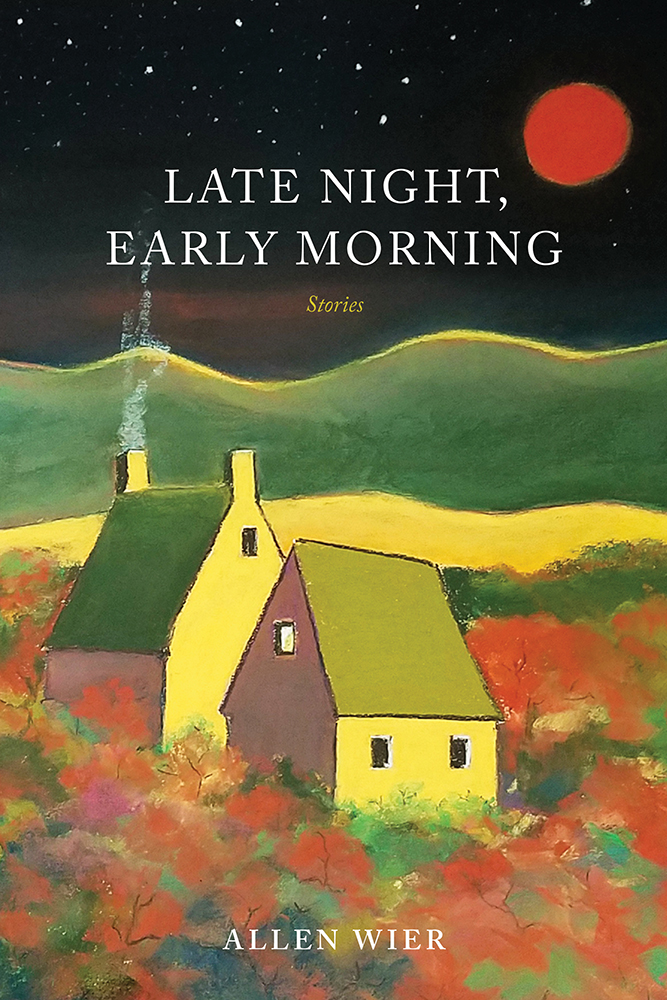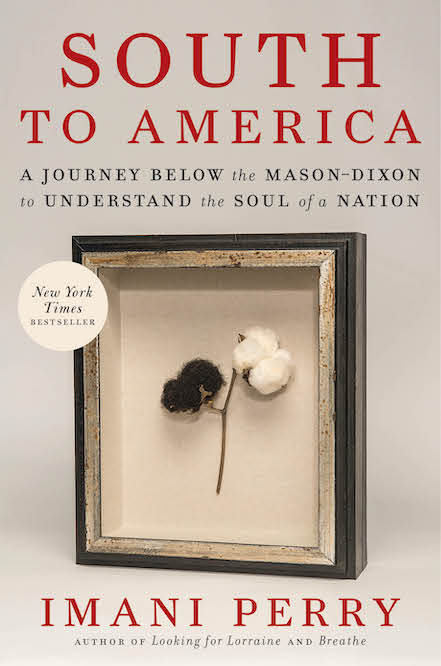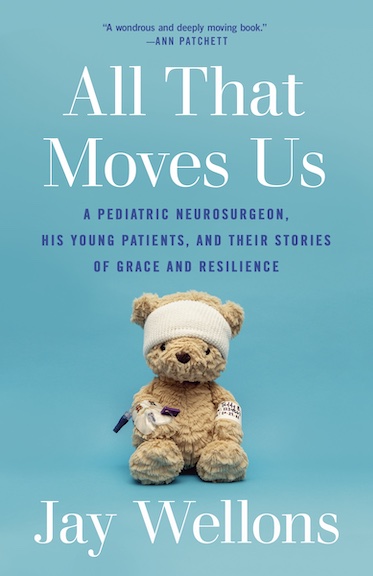Perpetually Uninvited
The energy and attitude of punk music inspired Rob Rufus after a devastating diagnosis
As a thirteen-year-old boy growing up in Huntington, West Virginia, during the 1990s, Rob Rufus and his friends felt the classic alienation of youth: “Our crew had banded together sometime during our seventh-grade year—we didn’t have much in common, besides being perpetually uninvited to life,” he writes in his new memoir. “We were on the outside of something, and we knew it. That’s how we found each other. It was as if we’d been wilting on the same damn wall.”
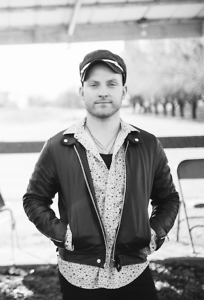
Closest to Rob is his identical twin, Nat—or, as Rufus calls him, “my opposite number, my eternal partner in crime.” The brothers’ relationship is the beating heart of Die Young with Me: “Nat and I weren’t just physically identical—short, chubby, blue-eyed Hitler Youth rejects—we had the exact same interests and opinions about literally everything. In fact, most people didn’t even bother learning our names. They referred to us as one entity—‘the twins.’”
Then one summer day the gang hears heavy-metal music for the first time. Blasting from Davidson’s Music, a new record shop in town, it immediately grabs their attention: “The entire store seemed electric, as if the walls themselves were vibrating. I felt, for an instant, like I was vibrating too—like I’d stepped into some sort of conduit, the insides buzzing with raw fucking power. I’d never been anywhere like this before.” Thirsty for this new energy, the boys begin to listen to everything they can get their hands on: “Helmet, Metallica, Smashing Pumpkins, Weezer, Bush, Nirvana, Rage Against the Machine.” When Rob and Nat accompany their parents to a family reunion in Richmond later that summer, they are introduced to punk by an older cousin, and their lives change forever.
Both boys are spellbound: “The guitars played the same chords over and over,” Rufus writes. “The drummers pounded—bababababababap!—like madmen. The singers screamed or sneered or whined or mumbled—it all connected with me. I felt the power in it. Music like this had the power to change people. It had the power to scare people. I knew that from the start. But it didn’t scare my brother. And it didn’t scare me.” The music speaks to Rufus’s feelings of disconnection: “Up until that night, I’d felt like I was on the outside of my own life. Forever out of step at school, in the neighborhood, even with my own family. But hearing that music, seeing those photos, reading the lyrics—they made it seem okay to be out of place. These bands made it seem cool.”
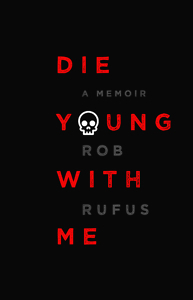 It’s not long before the brothers and their friends find instruments and start their own band, Defiance of Authority (DOA). Fast-forward four years, and the band is pretty good. With Rufus on drums and Nat as the lead singer, they begin to perform locally and write their own songs, and there are national opportunities on the horizon. But Rufus just can’t seem to shake a persistent cough. Misdiagnosed again and again—some of the doctors can’t see past his black clothes and spiked, bleached hair—he finally learns he has a rare form of cancer. A tumor in his chest is putting pressure on his lungs and causing the cough.
It’s not long before the brothers and their friends find instruments and start their own band, Defiance of Authority (DOA). Fast-forward four years, and the band is pretty good. With Rufus on drums and Nat as the lead singer, they begin to perform locally and write their own songs, and there are national opportunities on the horizon. But Rufus just can’t seem to shake a persistent cough. Misdiagnosed again and again—some of the doctors can’t see past his black clothes and spiked, bleached hair—he finally learns he has a rare form of cancer. A tumor in his chest is putting pressure on his lungs and causing the cough.
The agony that follows—chemo and surgery, devastating pain and nausea, dramatic hair and weight loss—are made just barely tolerable by the music and Rufus’s passion to get back to his drum set: “When I didn’t have the will to get out of bed, or the strength to push myself off the floor, I would try to think like a punk rocker—one who needs no other reason to act besides the cheap thrill of defiance.” And in the timeless tradition of turning pain into art, Rufus shares his story in both prose and song:
You can pull these needles from my arms
Man, I don’t hurt no more,
I dreamed I was running through hospital halls
I was blowing off the doorsAnd then I woke up alone
Beneath fluorescent lights,
Like a love unknown
Like a ghost in the nightDon’t you want to die young?
Die Young with Me is a heart-wrenching story of a teenager’s journey through fear, pain, and loss. It’s also a tribute to the power of art—and love—to impart strength: Nat always has his brother’s back and never wavers from their shared dream of playing music together once more. And in fact, Rob Rufus did not die young: his band, Blacklist Royals, is based in Nashville.

A graduate of Auburn University, Tina Chambers has worked as a technical editor at an engineering firm and as an editorial assistant at Peachtree Publishers, where she worked on books by Erskine Caldwell, Will Campbell, and Ferrol Sams, to name a few. She lives in Chattanooga.
